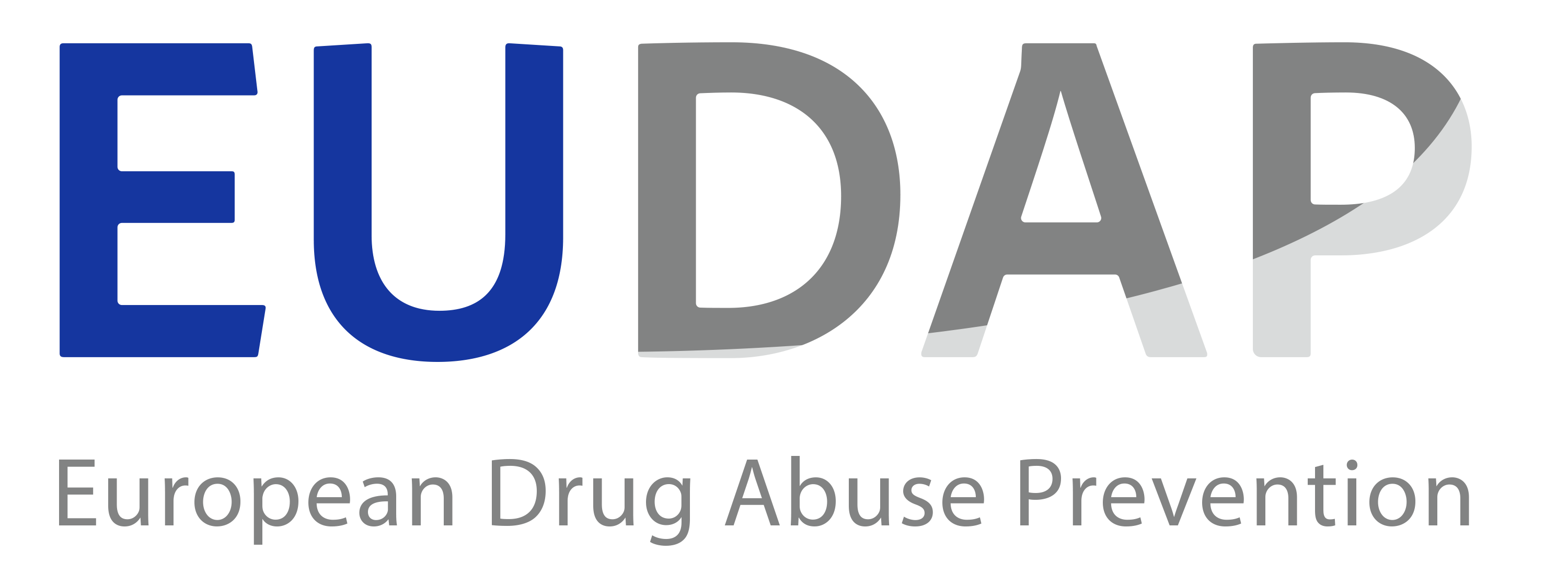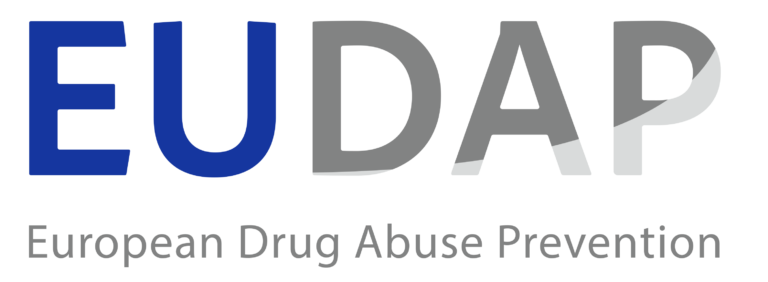Program Adaptation
Unplugged is a standardized prevention program with a comprehensive manual guiding each teacher-student interaction. Rigorous evaluations across Europe, Brazil, and Nigeria affirm Unplugged’s resilience across diverse cultural landscapes. Its impact remains consistent, transcending disparate locations such as Sweden, Nigeria, and Greece.
However, the success of prevention programs relies not only on standardization but also on cultural appropriateness. Aligning interventions with local cultural nuances enhances their applicability and ensures sustained implementation—a crucial factor for long-term investment viability. Therefore, it is advisable to undergo cultural adaptation when transitioning interventions between contexts.
Caution must be exercised in this process to avoid arbitrary modifications. Excessive alterations to the intervention’s core content jeopardize its effectiveness. If an adaptation undergoes changes as such that scientific theoretical underpinnings are modified, the effects of the program might be compromised. To mitigate this risk, a protocol is in place to guide and oversee cultural adaptation, ensuring that Unplugged maintains its identity throughout.
EU-Dap faculty protocol for cultural adaptation
Step 1: Start with literal translation
Each new translation and adaptation initiates with the most recent version of the original materials: the teacher’s manual, quiz cards, and student workbook. These resources undergo a literal translation into the target language, with minor modifications, such as adjusting names, places, and organization logos. These adjustments, focusing on elements external to the program’s core content, are crucial for the program’s acceptance, support, and long-term viability.
For instance, the original title of Unplugged is often translated into local youth language, resulting in varied meanings worldwide, such as:
- “I have attitude”
- “Uncensored”
- “I know what I want”
- “Your choice”
- “Vividly”
- “All together”
This literal translation serves as an initial reference in the first teacher training courses. Trainers explicitly note that these documents are in the preliminary stages of translation and will undergo further refinement. Feedback received during training sessions becomes valuable input for the subsequent phase, where proposed adjustments are considered.
A complete back-translation of all materials is not required unnecessary. Only the proposed changes are translated back into English, ensuring they align with the theoretical and didactic structure of Unplugged, maintaining program integrity.
However, the success of prevention programs relies not only on standardization but also on cultural appropriateness. Aligning interventions with local cultural nuances enhances their applicability and ensures sustained implementation—a crucial factor for long-term investment viability. Therefore, it is advisable to undergo cultural adaptation when transitioning interventions between contexts.
Caution must be exercised in this process to avoid arbitrary modifications. Excessive alterations to the intervention’s core content jeopardize its effectiveness. If an adaptation undergoes changes as such that scientific theoretical underpinnings are modified, the effects of the program might be compromised. To mitigate this risk, a protocol is in place to guide and oversee cultural adaptation, ensuring that Unplugged maintains its identity throughout.
Step 2: Suggestions for changes
The local partner initiates proposed adjustments grounded in expert reviews, insights from focus groups, teacher feedback, and discussions held during teacher training sessions. Each proposed change is meticulously outlined, accompanied by the rationale behind it and the recommended replacement. These proposals undergo scrutiny within the EU-Dap study group.
The study group meticulously examines the proposed adjustments, drawing insights from effect evaluations and mediation analyses. These studies serve as a crucial foundation for identifying the pivotal core elements of Unplugged that should not undergo hasty modifications.
All adjustments that influence the following elements are subject to comprehensive documentation:
- Drug Information
- Methodological Structure of the Lessons
- More Substantial Changes in Content
- Shift of focus from positive to negative attitudes
- Shift of focus from alcohol/substance use to drunkenness, binge drinking, or continued substance use
- Shift in the type of life skills
- Shift from open questions for reflection to closed forms of reflection
- Shift in interaction methods to instructional approaches
- Change in the usage of statistics in the normative beliefs session
This meticulous documentation process ensures a transparent record of adjustments that impact critical components of the Unplugged program.
Step 3: Agree on changes through the mandated EU-Dap Faculty at HOGENT Belgium
HOGENT has been entrusted by the EU-DAP study group with the responsibility of overseeing cultural adaptation. Proposed changes undergo thorough consideration, with counter-proposals actively discussed. Once a consensus is reached, the agreed-upon adjustments are meticulously documented.
It’s important to note that the copyright for Unplugged remains under the ownership of the EU-DAP network. All Unplugged materials are accessible to the public, residing in the public domain. Adapted materials are subsequently incorporated into the Unplugged website, ensuring they are readily available to the public at no cost.
Step 3: Agree on changes through the mandated EU-Dap Faculty at HOGENT Belgium
HOGENT has been entrusted by the EU-DAP study group with the responsibility of overseeing cultural adaptation. Proposed changes undergo thorough consideration, with counter-proposals actively discussed. Once a consensus is reached, the agreed-upon adjustments are meticulously documented.
It’s important to note that the copyright for Unplugged remains under the ownership of the EU-DAP network. All Unplugged materials are accessible to the public, residing in the public domain. Adapted materials are subsequently incorporated into the Unplugged website, ensuring they are readily available to the public at no cost.


